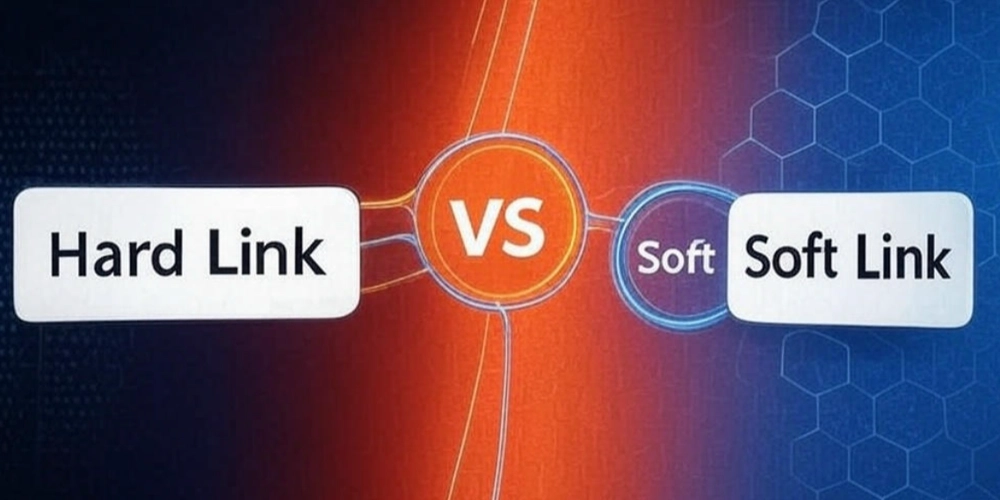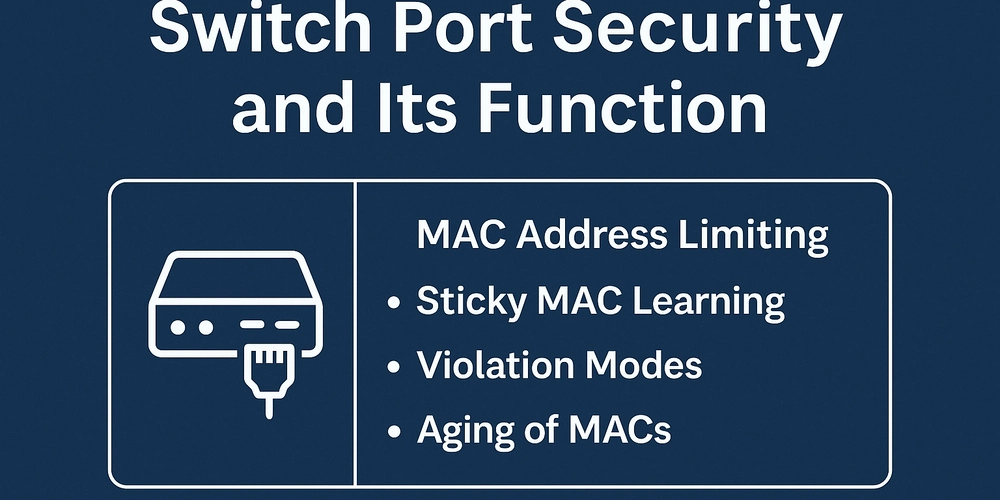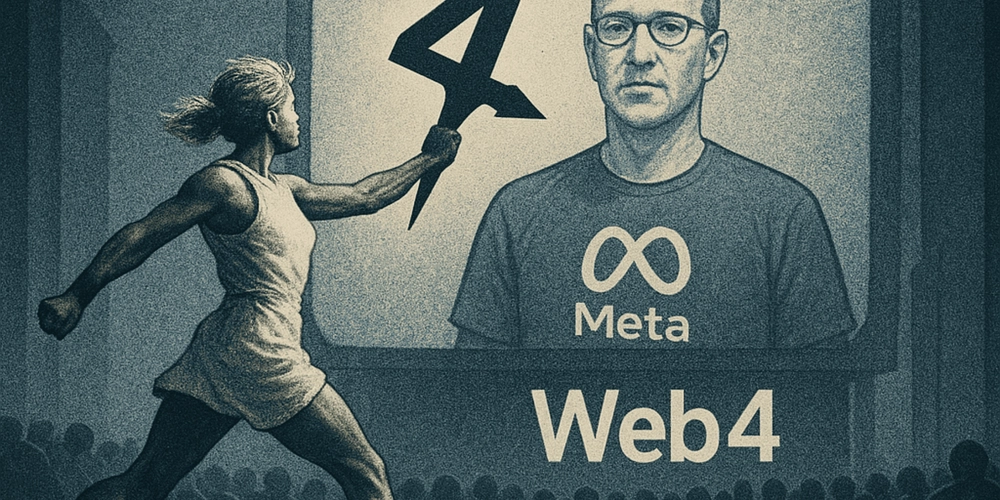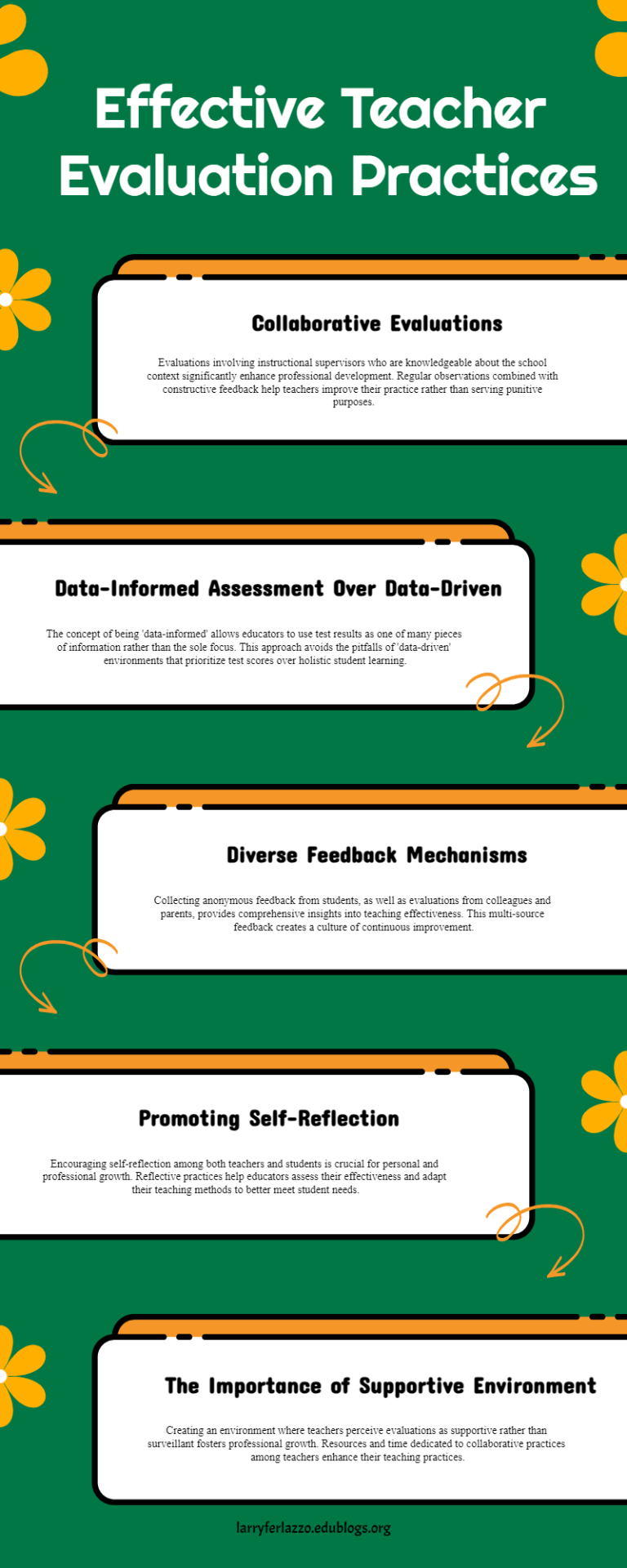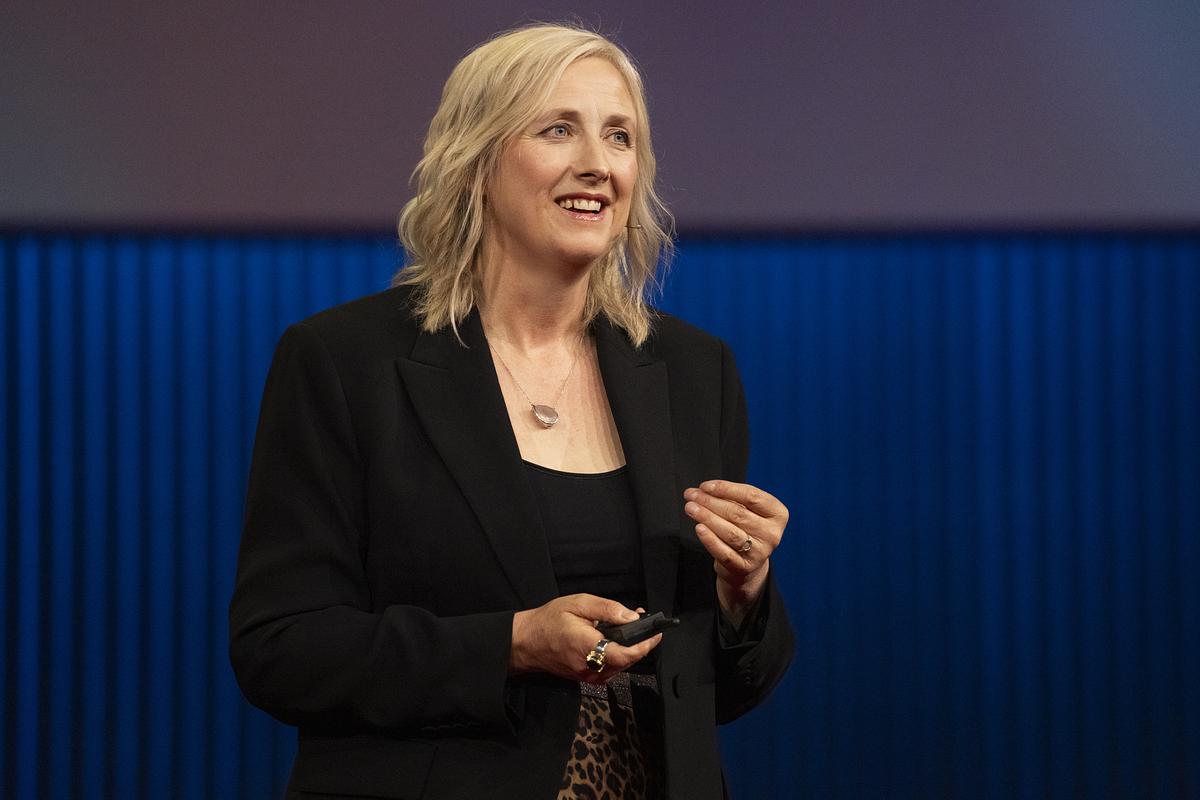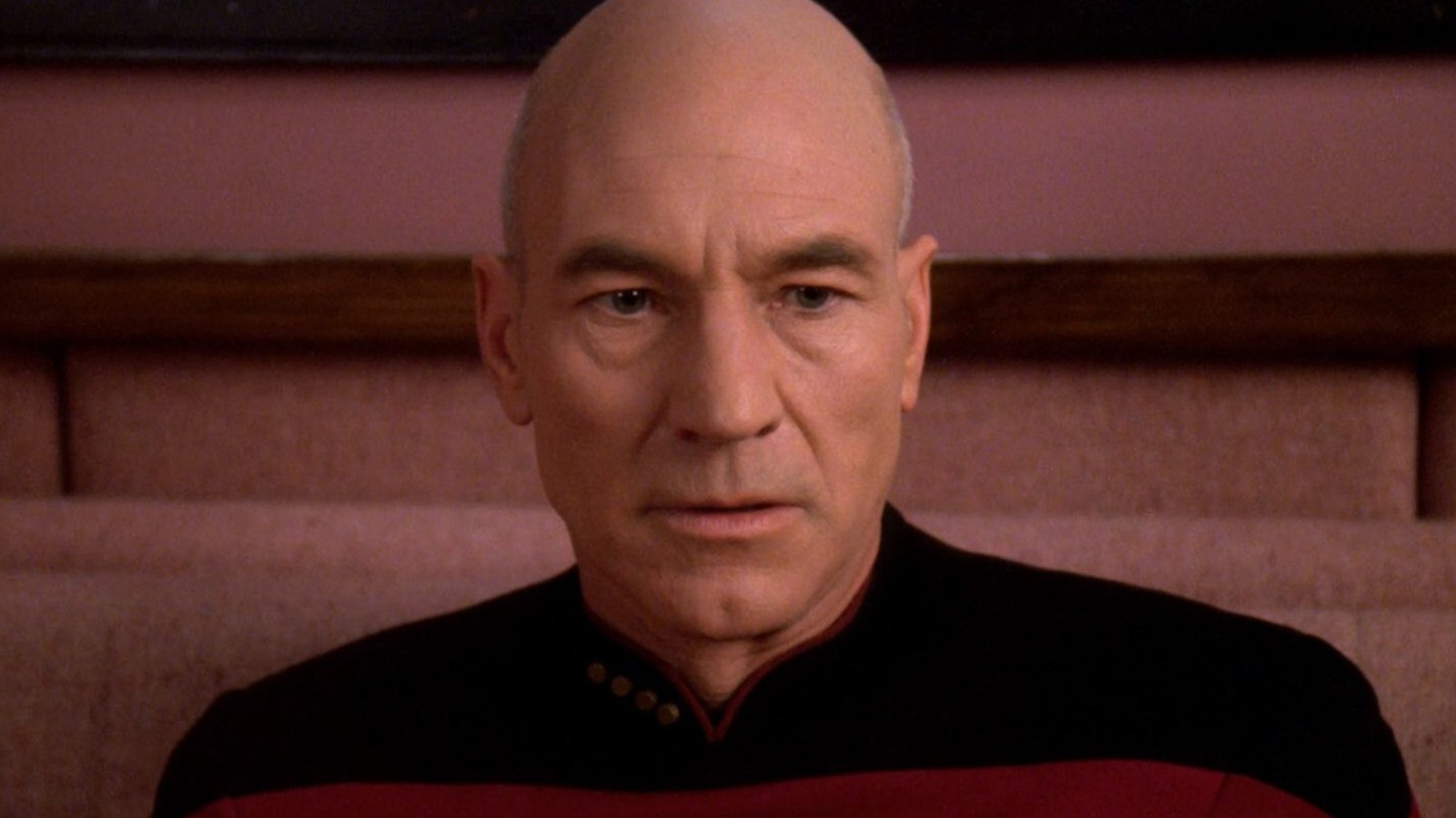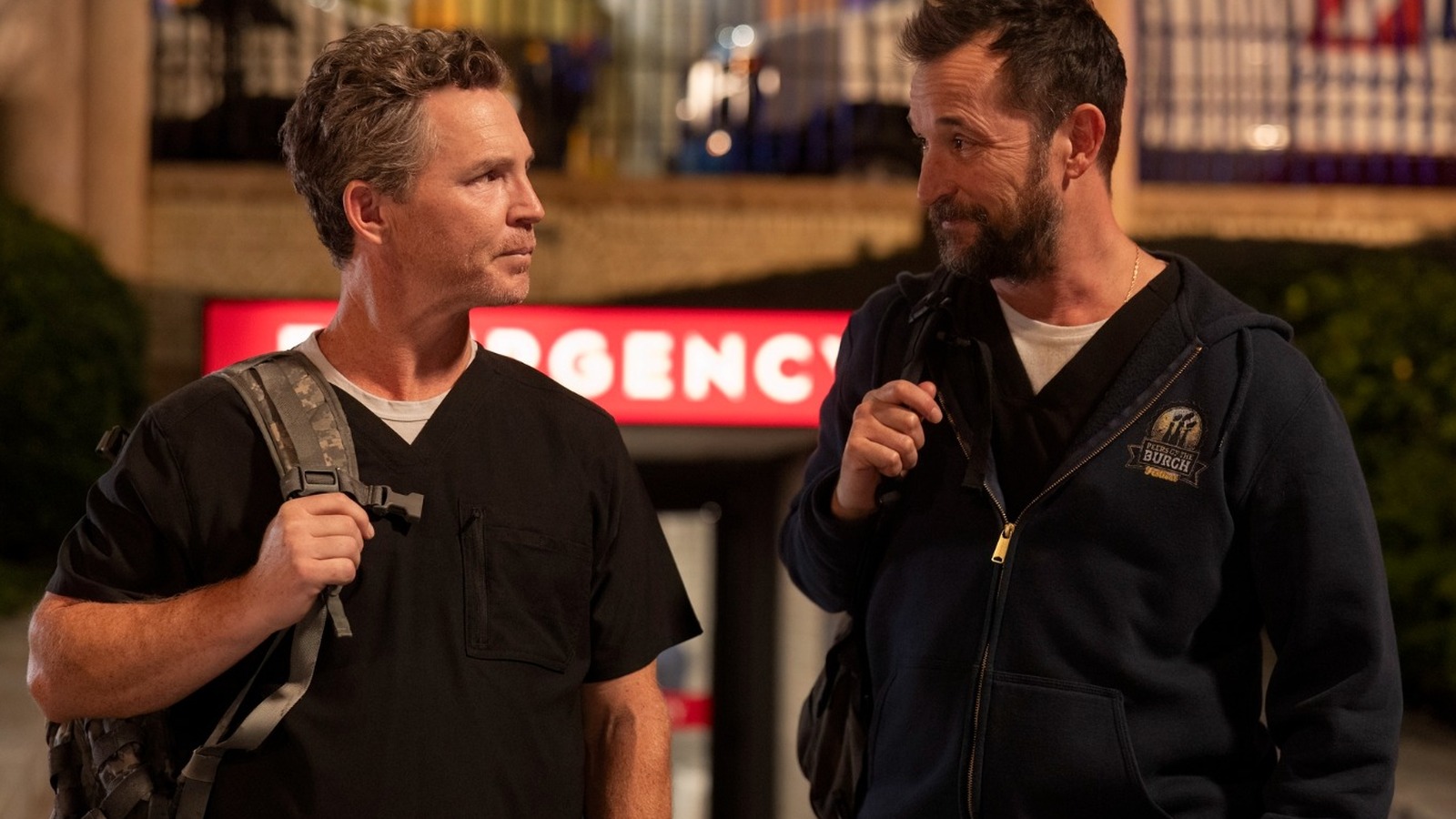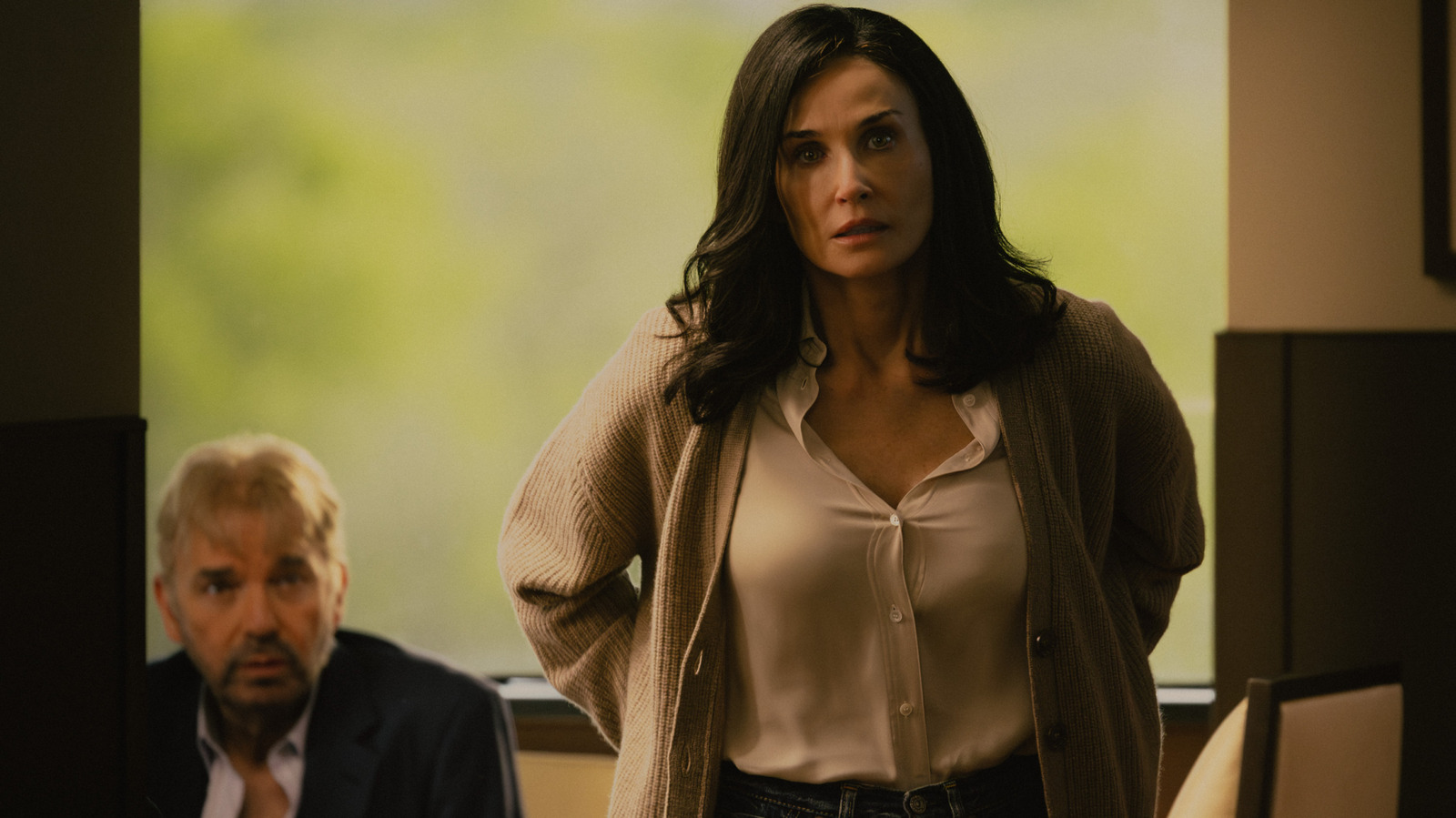Warren Buffett’s 2024 Report to Berkshire Hathaway Shareholders
Warren Buffett’s annual shareholders letters are always a must-read. The honesty, clarity, and striking humility of his prose stands out in a world where corporate communications — from companies of any size — tend to be bland and obfuscating. This year’s letter, published back in February, is no exception. Two sections stood out to me. First, in a section titled “Mistakes — Yes, We Make Them at Berkshire”: Sometimes I’ve made mistakes in assessing the future economics of a business I’ve purchased for Berkshire — each a case of capital allocation gone wrong. That happens with both judgments about marketable equities — we view these as partial ownership of businesses — and the 100% acquisitions of companies. At other times, I’ve made mistakes when assessing the abilities or fidelity of the managers Berkshire is hiring. The fidelity disappointments can hurt beyond their financial impact, a pain that can approach that of a failed marriage. A decent batting average in personnel decisions is all that can be hoped for. The cardinal sin is delaying the correction of mistakes or what Charlie Munger called “thumb-sucking.” Problems, he would tell me, cannot be wished away. They require action, however uncomfortable that may be. During the 2019-23 period, I have used the words “mistake” or “error” 16 times in my letters to you. Many other huge companies have never used either word over that span. Amazon, I should acknowledge, made some brutally candid observations in its 2021 letter. Elsewhere, it has generally been happy talk and pictures. I have also been a director of large public companies at which “mistake” or “wrong” were forbidden words at board meetings or analyst calls. That taboo, implying managerial perfection, always made me nervous (though, at times, there could be legal issues that make limited discussion advisable. We live in a very litigious society.) At 94, it won’t be long before Greg Abel replaces me as CEO and will be writing the annual letters. Greg shares the Berkshire creed that a “report” is what a Berkshire CEO annually owes to owners. And he also understands that if you start fooling your shareholders, you will soon believe your own baloney and be fooling yourself as well. As the great physicist Richard Feynman said, “The first principle is that you must not fool yourself and you are the easiest person to fool.” Second is an entire section, not complaining, but instead proudly declaring, that last year Berkshire set the record for the highest single-year corporate income tax payment in United States history: Huge numbers can be hard to visualize. Let me recast the $26.8 billion that we paid last year. If Berkshire had sent the Treasury a $1 million check every 20 minutes throughout all of 2024 — visualize 366 days and nights because 2024 was a leap year — we still would have owed the federal government a significant sum at yearend. Indeed, it would be well into January before the Treasury would tell us that we could take a short breather, get some sleep, and prepare for our 2025 tax payments. [...] Berkshire’s activities now impact all corners of our country. And we are not finished. Companies die for many reasons but, unlike the fate of humans, old age itself is not lethal. Berkshire today is far more youthful than it was in 1965. However, as Charlie and I have always acknowledged, Berkshire would not have achieved its results in any locale except America whereas America would have been every bit the success it has been if Berkshire had never existed. So thank you, Uncle Sam. Someday your nieces and nephews at Berkshire hope to send you even larger payments than we did in 2024. Spend it wisely. Take care of the many who, for no fault of their own, get the short straws in life. They deserve better. And never forget that we need you to maintain a stable currency and that result requires both wisdom and vigilance on your part. Again, that was written back in February. Prescient as always. ★
Warren Buffett’s annual shareholders letters are always a must-read. The honesty, clarity, and striking humility of his prose stands out in a world where corporate communications — from companies of any size — tend to be bland and obfuscating. This year’s letter, published back in February, is no exception. Two sections stood out to me. First, in a section titled “Mistakes — Yes, We Make Them at Berkshire”:
Sometimes I’ve made mistakes in assessing the future economics of a business I’ve purchased for Berkshire — each a case of capital allocation gone wrong. That happens with both judgments about marketable equities — we view these as partial ownership of businesses — and the 100% acquisitions of companies.
At other times, I’ve made mistakes when assessing the abilities or fidelity of the managers Berkshire is hiring. The fidelity disappointments can hurt beyond their financial impact, a pain that can approach that of a failed marriage.
A decent batting average in personnel decisions is all that can be hoped for. The cardinal sin is delaying the correction of mistakes or what Charlie Munger called “thumb-sucking.” Problems, he would tell me, cannot be wished away. They require action, however uncomfortable that may be.
During the 2019-23 period, I have used the words “mistake” or “error” 16 times in my letters to you. Many other huge companies have never used either word over that span. Amazon, I should acknowledge, made some brutally candid observations in its 2021 letter. Elsewhere, it has generally been happy talk and pictures.
I have also been a director of large public companies at which “mistake” or “wrong” were forbidden words at board meetings or analyst calls. That taboo, implying managerial perfection, always made me nervous (though, at times, there could be legal issues that make limited discussion advisable. We live in a very litigious society.)
At 94, it won’t be long before Greg Abel replaces me as CEO and will be writing the annual letters. Greg shares the Berkshire creed that a “report” is what a Berkshire CEO annually owes to owners. And he also understands that if you start fooling your shareholders, you will soon believe your own baloney and be fooling yourself as well.
As the great physicist Richard Feynman said, “The first principle is that you must not fool yourself and you are the easiest person to fool.”
Second is an entire section, not complaining, but instead proudly declaring, that last year Berkshire set the record for the highest single-year corporate income tax payment in United States history:
Huge numbers can be hard to visualize. Let me recast the $26.8 billion that we paid last year.
If Berkshire had sent the Treasury a $1 million check every 20 minutes throughout all of 2024 — visualize 366 days and nights because 2024 was a leap year — we still would have owed the federal government a significant sum at yearend. Indeed, it would be well into January before the Treasury would tell us that we could take a short breather, get some sleep, and prepare for our 2025 tax payments. [...]
Berkshire’s activities now impact all corners of our country. And we are not finished. Companies die for many reasons but, unlike the fate of humans, old age itself is not lethal. Berkshire today is far more youthful than it was in 1965.
However, as Charlie and I have always acknowledged, Berkshire would not have achieved its results in any locale except America whereas America would have been every bit the success it has been if Berkshire had never existed.
So thank you, Uncle Sam. Someday your nieces and nephews at Berkshire hope to send you even larger payments than we did in 2024. Spend it wisely. Take care of the many who, for no fault of their own, get the short straws in life. They deserve better. And never forget that we need you to maintain a stable currency and that result requires both wisdom and vigilance on your part.
Again, that was written back in February. Prescient as always.
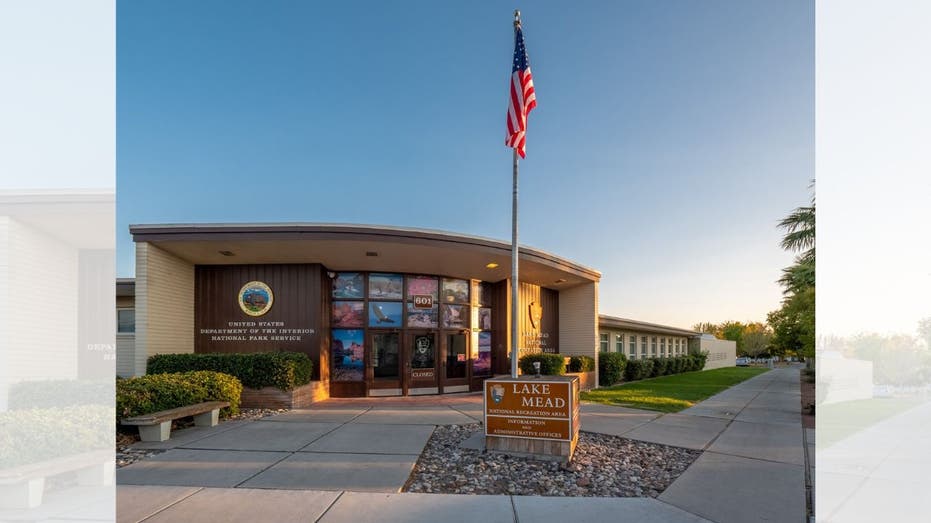









![[DEALS] Microsoft Visual Studio Professional 2022 + The Premium Learn to Code Certification Bundle (97% off) & Other Deals Up To 98% Off](https://www.javacodegeeks.com/wp-content/uploads/2012/12/jcg-logo.jpg)
